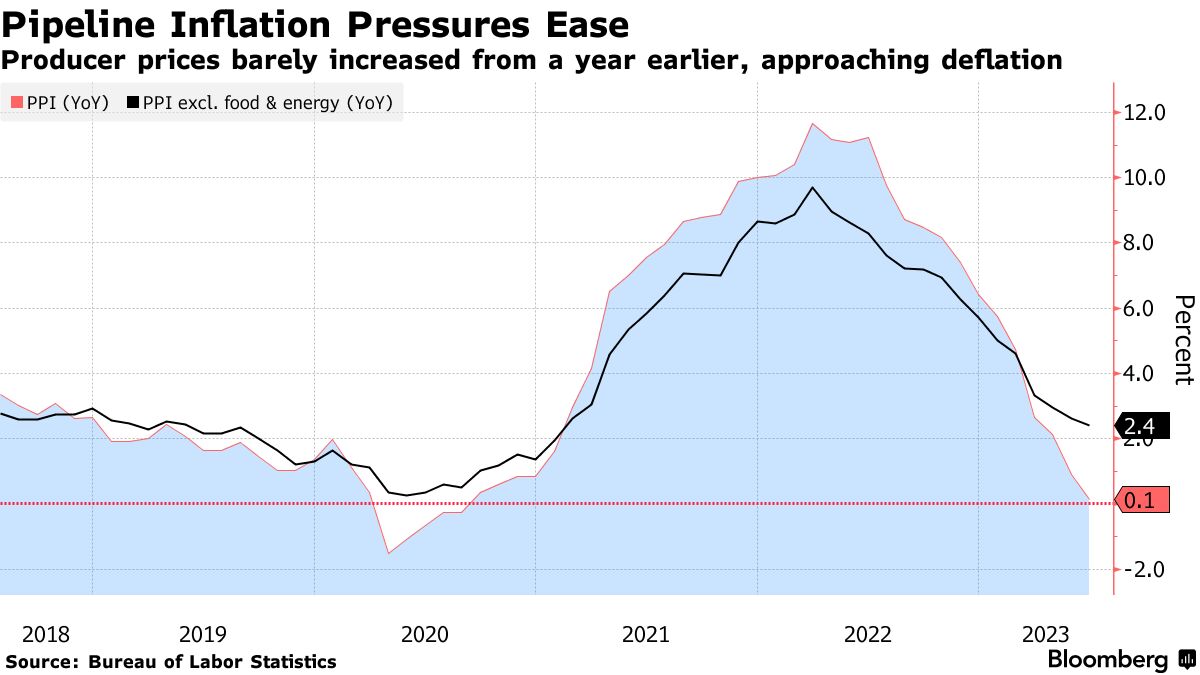Nigeria just cranked up the heat on its banking sector, big time. The Central Bank of Nigeria has decided it’s time to beef up the financial muscle of its banks. In a country riddled with so many challenges—think rampant inflation, a currency that’s seen better days, and an economy that could use a serious shot in the arm—the CBN’s latest move is like telling banks to hit the financial gym, and not just any gym, but one that requires a huge membership fee.
Gone are the days when a bank could operate on the international stage with a mere 50 billion naira. Now, we’re talking a whopping 500 billion naira ($359 million). And for those focusing their operations within Nigeria? A jump from 25 billion to 200 billion naira in capital is no walk in the park. The message is clear: bulk up or risk being left behind. With a 24-month window from April 1 to meet these new thresholds, banks have their work cut out for them.
A Move Toward Resilience
This isn’t about making life hard for banks. Well, not just for the sake of it. It’s about resilience, about making sure these financial institutions can stand tall in the face of economic headwinds. High inflation and a weak economy are no jokes. Add to that a naira that’s taken quite the beating, losing about 70% of its value against the dollar, and you’ve got a situation that calls for some serious fortification. The CBN’s directive for banks to submit an implementation plan by the end of April is the regulatory equivalent of a pep talk, pushing banks to strategize and strengthen their financial standing.
For Olayemi Cardoso, the CBN Governor, this move is his opening act. Since taking the reins in September, he’s been vocal about banks beefing up their balance sheets. And let’s not forget, Nigeria is on a mission to revitalize its economy, with reforms aimed at sparking growth. But, as with any major overhaul, there’s been pain. The naira’s plummet and an inflation rate hitting a 28-year peak are testament to the turbulent waters Nigeria is navigating.
Banks have felt the squeeze, particularly with the added burden of higher interest rates on dollar loans. This has led to an uptick in impairment charges, a fancy term for banks having to set aside more money to cover bad loans. To cushion against this, the CBN had previously advised banks to stash any foreign-currency gains, a move akin to saving for a rainy day.
Stepping Up in a Shifting Landscape
The banking scene in Nigeria is no stranger to transformation. The last major overhaul in 2004 saw the landscape change dramatically, with mergers and acquisitions reducing the number of commercial banks significantly. This latest mandate could very well spark another wave of consolidation, as banks scramble to meet the new capital requirements.
But it’s not just about surviving; it’s about thriving. The CBN’s recent actions, including clearing verified foreign exchange backlogs and tweaking the benchmark interest rate, are aimed at stabilizing the currency and ensuring liquidity in the foreign exchange market. The Nigerian Treasury Bills (NTBs) auction is another piece of this puzzle, with the bank moving significant amounts at varying interest rates to manage liquidity and control inflation.
What’s interesting is the naira’s recent performance. Gaining ground in the Autonomous Foreign Exchange market is a sign, according to the CBN’s Corporate Communications Department, that things are moving in the right direction. This uptick is a beacon of hope in a sea of economic challenges, a sign that the CBN’s efforts might just be paying off.
Nigeria’s journey is a complex one, with its economic reforms and banking sector fortification acting as critical components. The CBN’s recent mandate is more than just a directive; it’s a statement of intent. Nigeria is pushing its banks to be stronger, more resilient entities capable of supporting growth and weathering economic storms. It’s a tall order, but one that speaks to the broader ambition of steering the country towards a more stable and prosperous future.





